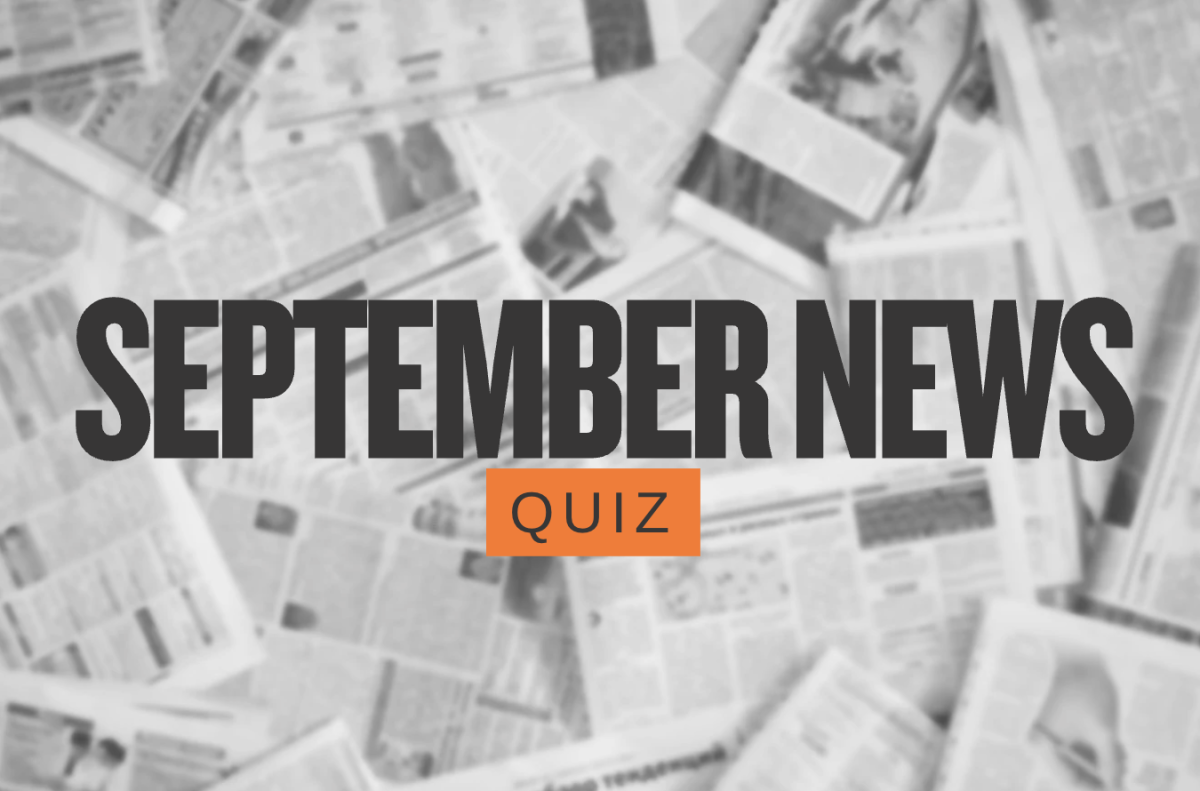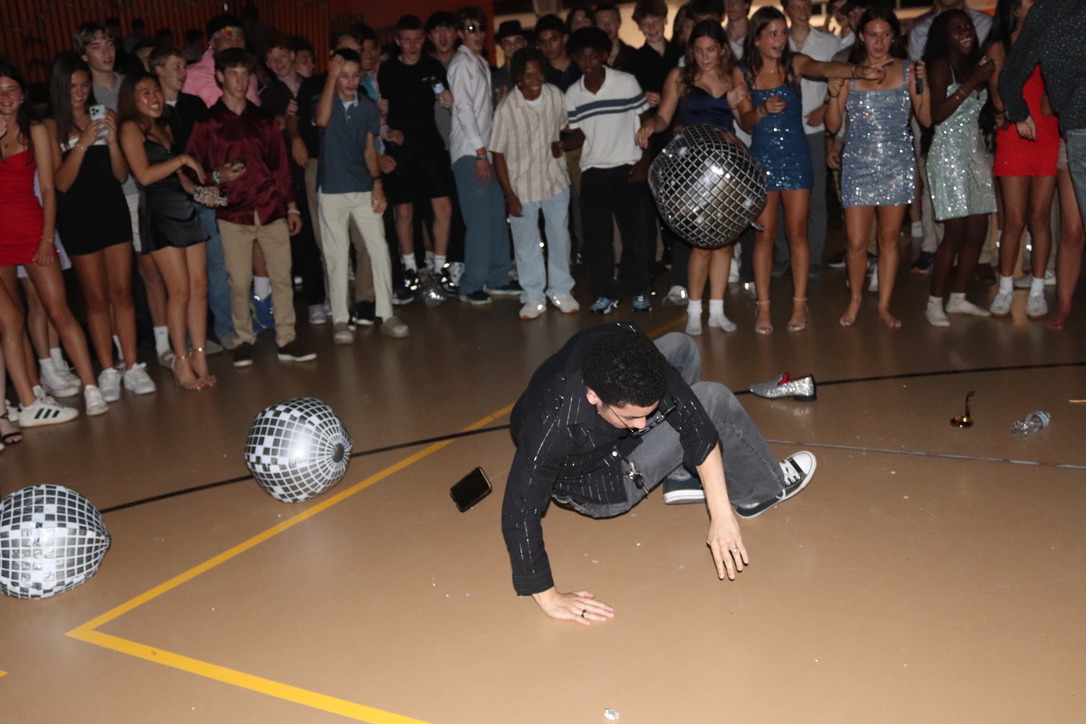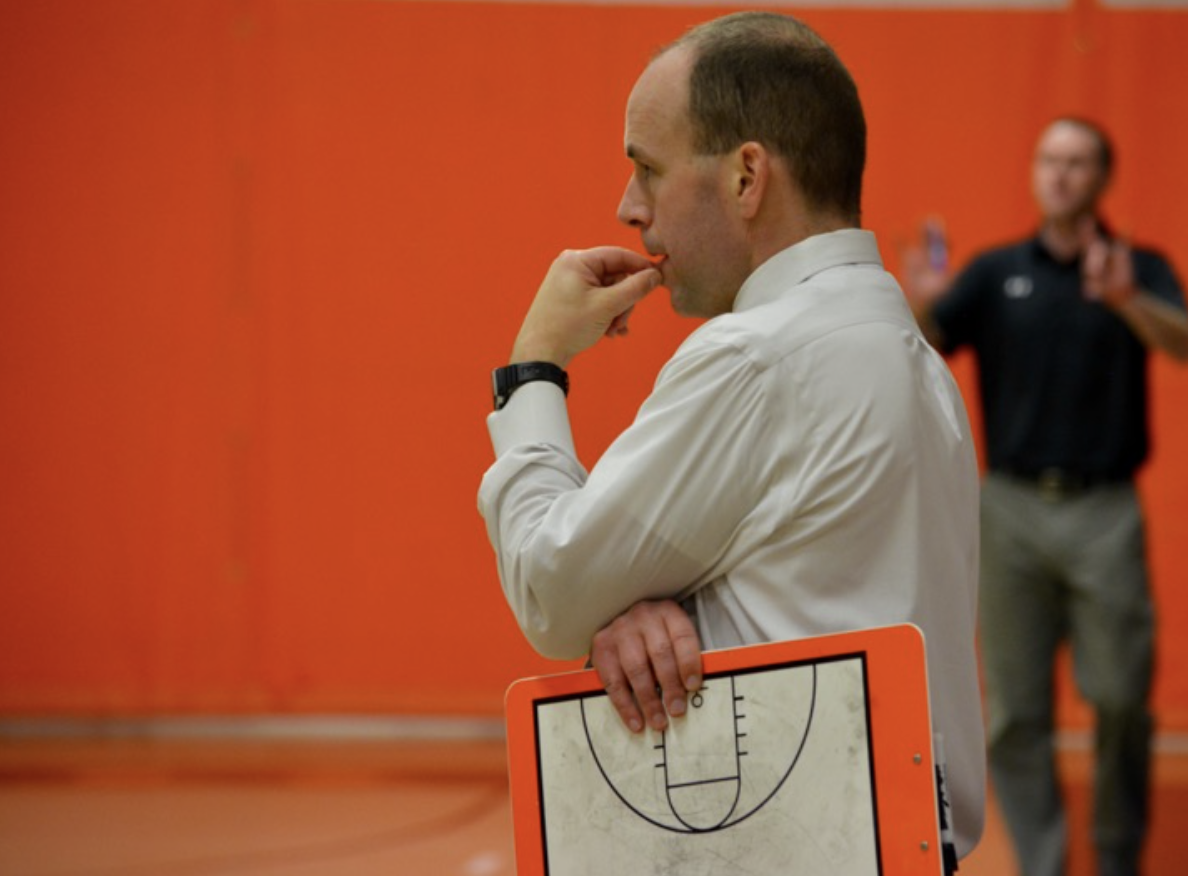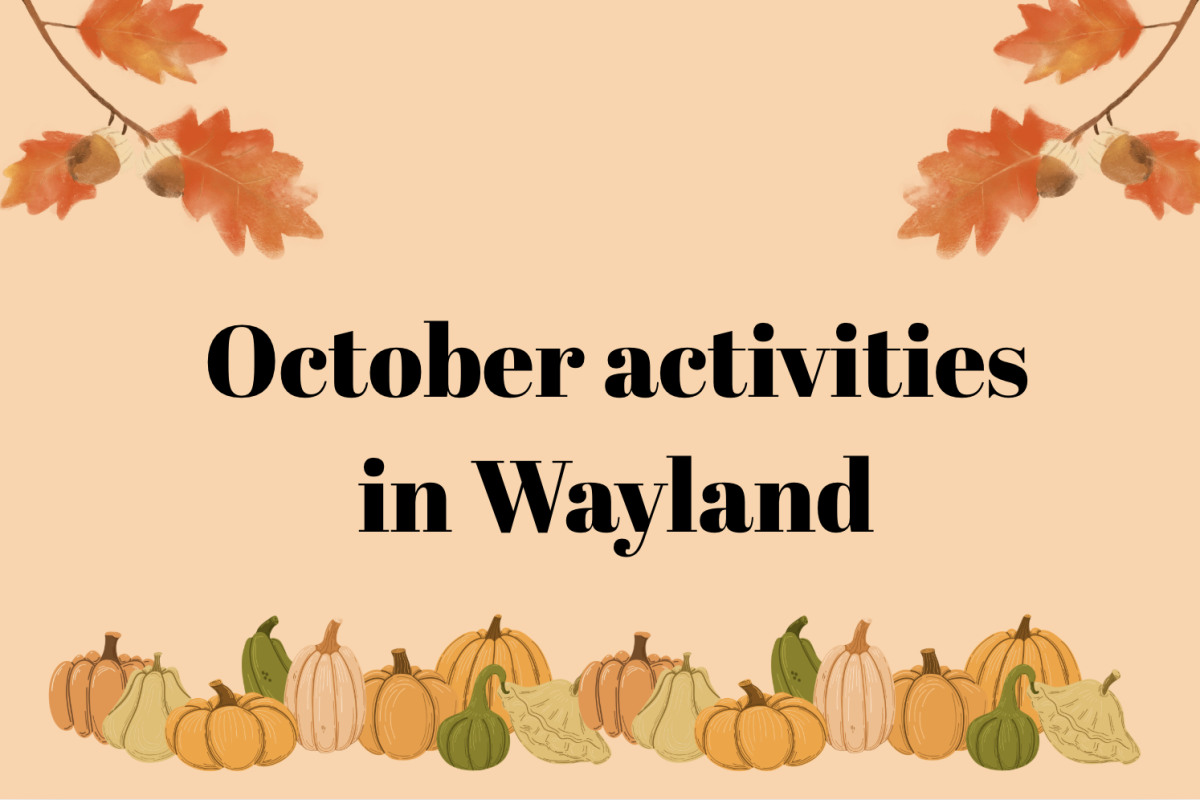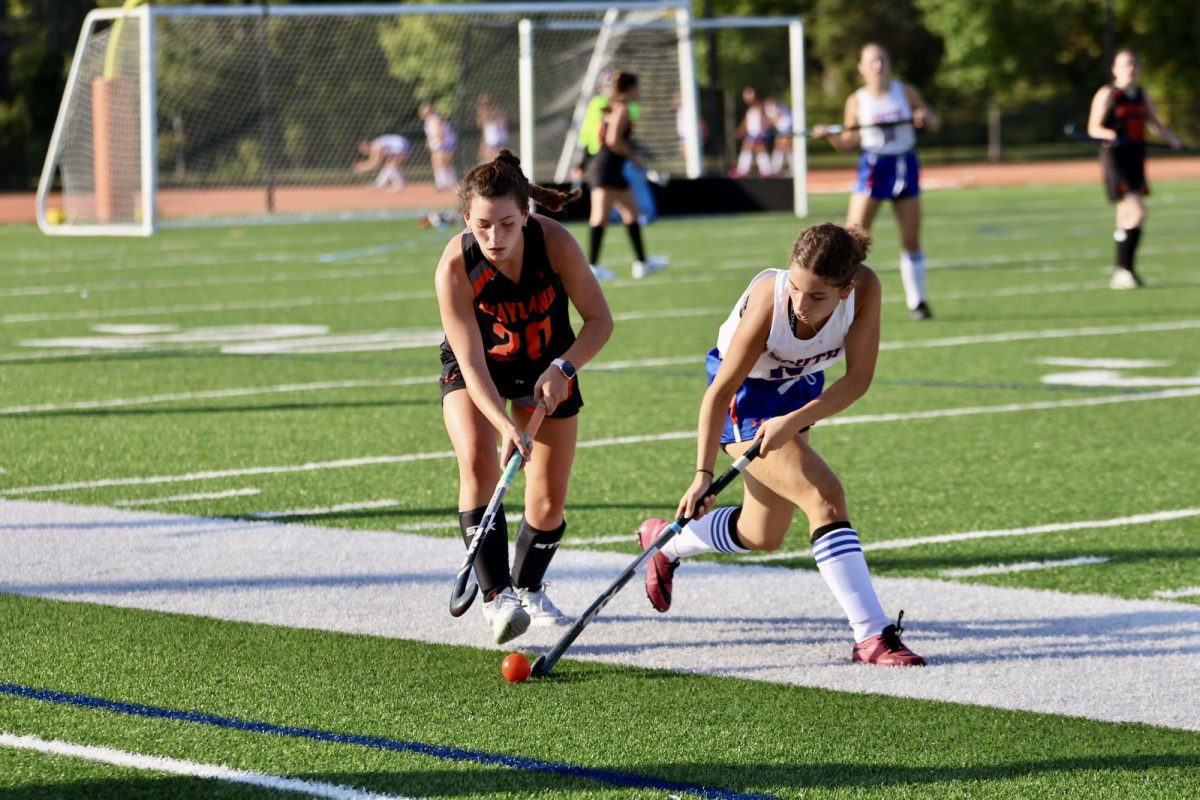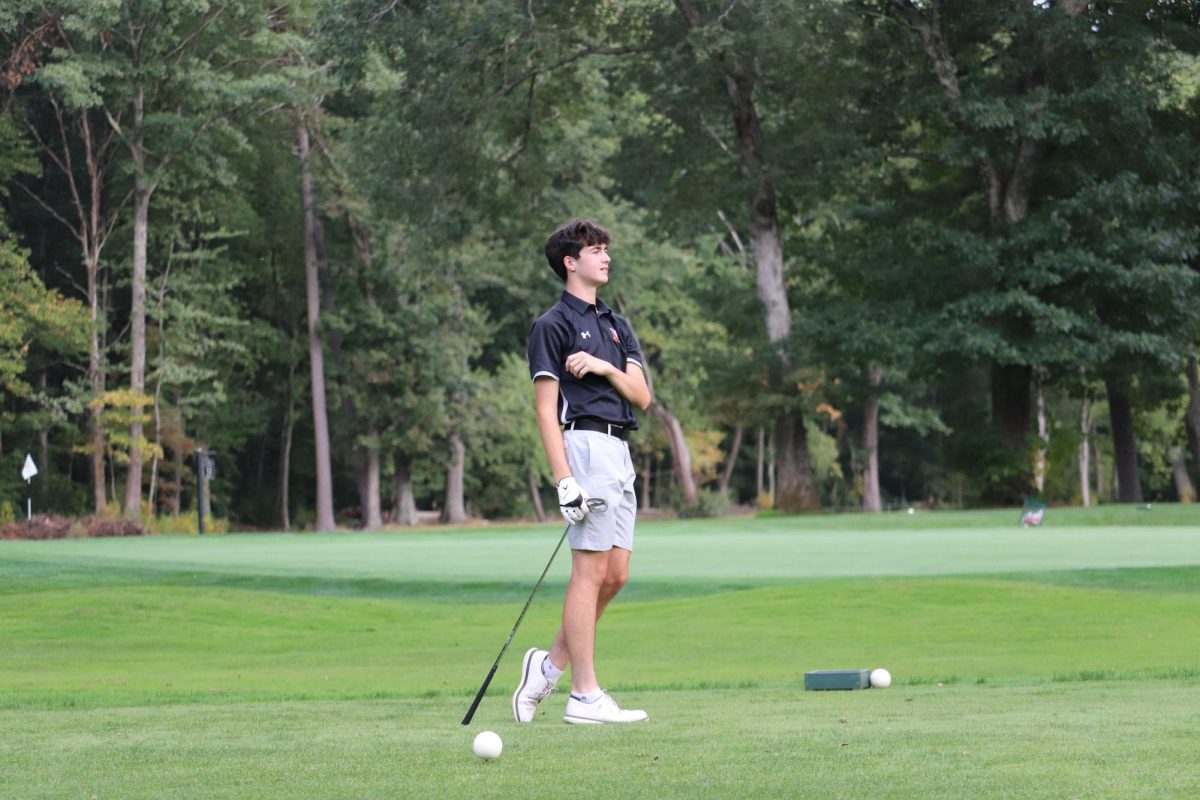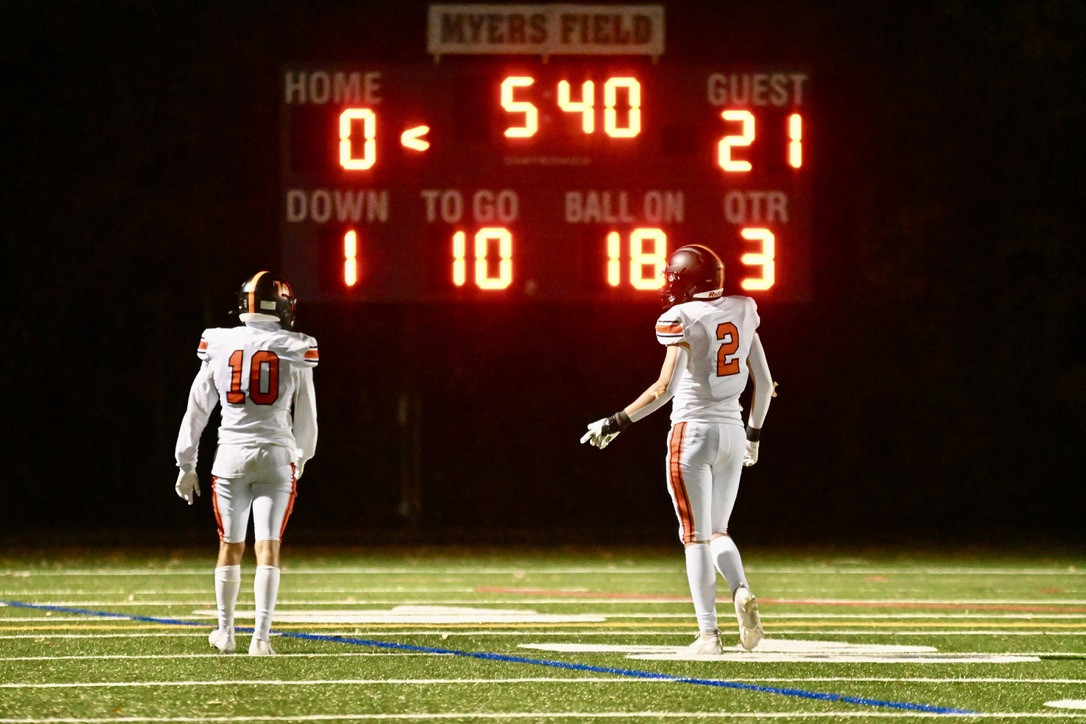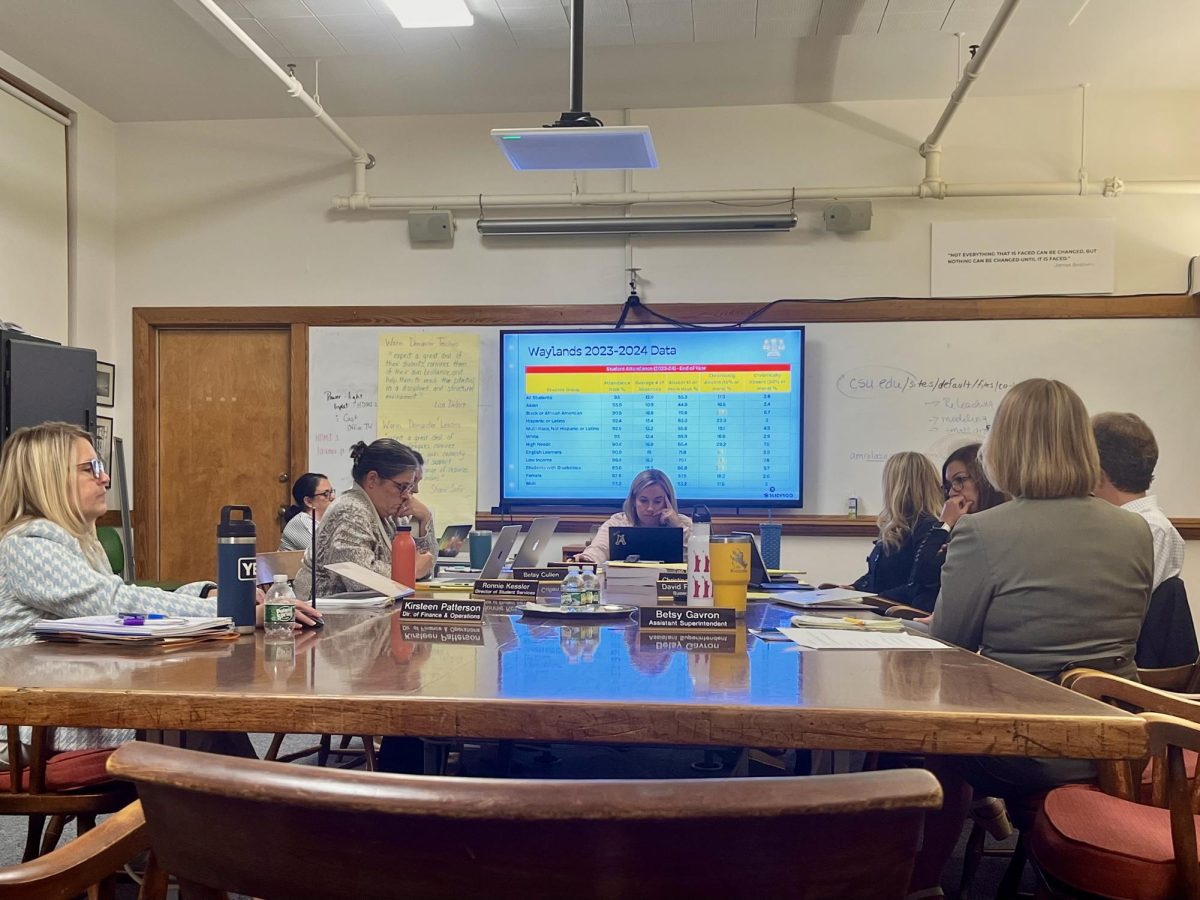Anybody remember the original H1N1 outbreak last spring? Over the past week or so it seems like the flu frenzy has returned to WHS again, as students and teachers alike are marked absent on the daily attendance list. This time though, our school and the country are a little bit more prepared, with an H1N1 vaccine to be distributed soon. WSPN reporters Allie Gold and Avery Salitsky got the details from Nurse AmySchoeff…
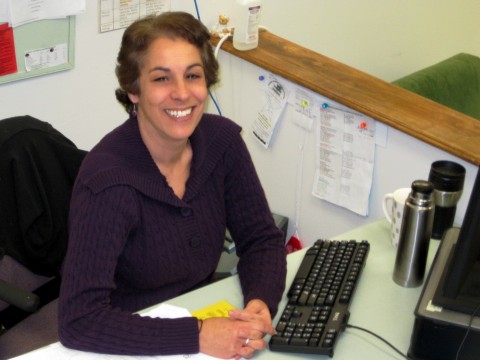
Does the H1N1 vaccine completely prevent the flu? Or does it only reduce the symptoms?
[The vaccine] doesn’t reduce the symptoms; it just helps people not get sick. No vaccine is ever 100% [effective]; it is only about 80% effective.
How many people have signed up to get the vaccine?
Nobody has signed up for the H1N1 yet, only for the seasonal vaccine. They haven’t started the H1N1 signups yet.
How necessary is the H1N1 vaccine? Do you recommend it for everyone?
It’s really important for anyone who has respiratory or cardiac illnesses, like asthma, or heart problems. Those are the people who have been impacted the most from H1N1. There is still a lot of controversy about whether is it as safe as other vaccines, so if anyone has questions about getting it, they should talk to their doctor.
How long should a student with H1N1 wait before they should return to school?
The new CDC policy is that the student needs to stay home for 24 hours after they no longer have a fever, without taking medicine, as opposed to last year’s policy, which was to stay home for seven days.
How long does it take for the vaccine to become effective?
It usually takes about two weeks for the vaccine to become completely effective. Your body will have full antibodies by the end of two weeks.
For students who will not get the vaccine, what precautions do you recommend to avoid getting sick?
Always wash your hands! I cannot stress that enough. And make sure you cover your mouth when you cough or sneeze. It’s all stuff you’ve heard before.
Check out a full report on the nation-wide distribution of the H1N1 vaccine here.

![During the WHS club fair, senior Molly Bergeron is watching a student sign up for her club, Eliza J. Norton Foundation. In this club, students meet every week and come up with ideas to spread the message. "[This club] really touches a lot of people in the town," Bergeron said.](https://waylandstudentpress.com/wp-content/uploads/2025/10/IMG_1335-1200x800.jpg)


